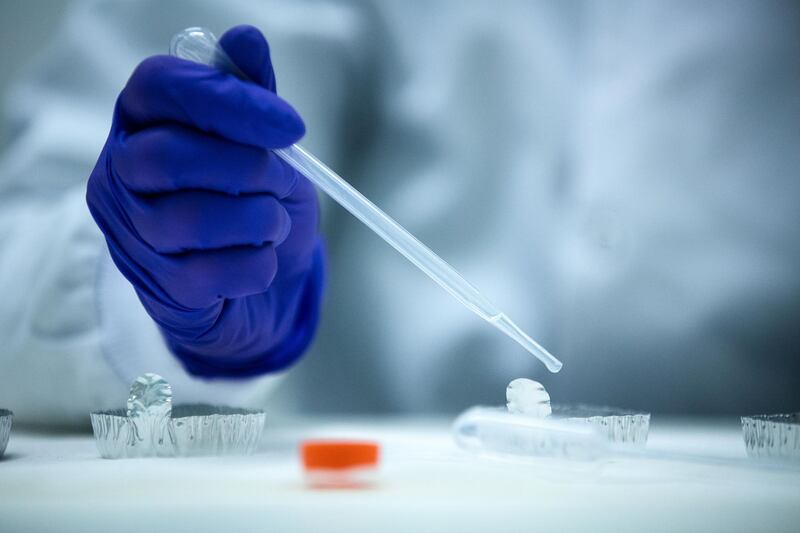A meltdown in Chinese pharmaceutical stocks intensified, erasing $26 billion in market value over two days on concerns the government is driving down generic drug prices through a new procurement programme.
The MSCI China Health Care Index headed for its biggest two-day drop on Friday since 2005. Sino Biopharmaceutical is poised for its largest two-day decline ever, after Citigroup said it would be among the worst hit and cut its target price and earnings forecasts.
The severe price cuts have arisen from a new government procurement programme that’s designed to control medical costs by getting 11 major cities, including Beijing and Shanghai, to combine their purchasing from drug companies. The winner of the tender process will become the sole supplier for hospitals in all of those cities, but at a much reduced price from before.
The plan has been opposed by both domestic and foreign pharmaceuticals from the start because of its impact on prices, but also because reliance on one supplier for each drug could potentially cause quality and supply issues in the future.
“This is just the beginning” said Kay Mai, an analyst at Guotai Junan Securities, one of the largest investment banks in China, adding, “We expect the government to expand the drug list and include more cities in order to lower the drug costs for citizens. This trend is negative for drug makers and sales growth of generic drugs in China should slow down in the future.”
_______________
Read more
Takeda's $62bn takeover of UK drug maker Shire gets go ahead
Hikma Pharmaceuticals appoints new chief executive amid generics woes
_______________
Official results from the tender process haven’t been announced yet. Still, estimates that the bidding cut prices by as much as over 90 percent is rattling investors.
Some analysts said the market is over-reacting to the news. Cyrus Ng and Lois Zhou at Jefferies Hong Kong – a financial services company – said a 90 per cent price cut is only for the extreme cases.
“As a whole, we expect the overall price cut level to stay in line with previous market expectations of 40 to 50 percent," they wrote in a note.
CSPC Pharmaceutical Group plummeted as much as 13 per cent on Friday, on top of a 14 per cent drop the previous day. Even companies that said they were among the winners in the tender process fell. Zhejiang Jingxin Pharmaceutical, which said its three drugs won bids, dropped as much as 10 per cent. The MSCI China Health Care Index dropped as much as 6.8 per cent, after falling 8.6 percent on Thursday.
AstraZeneca and Bristol-Myers Squibb are the only two multi-national companies that won one tender each, slashing prices by 76 and 62 per cent, respectively.






